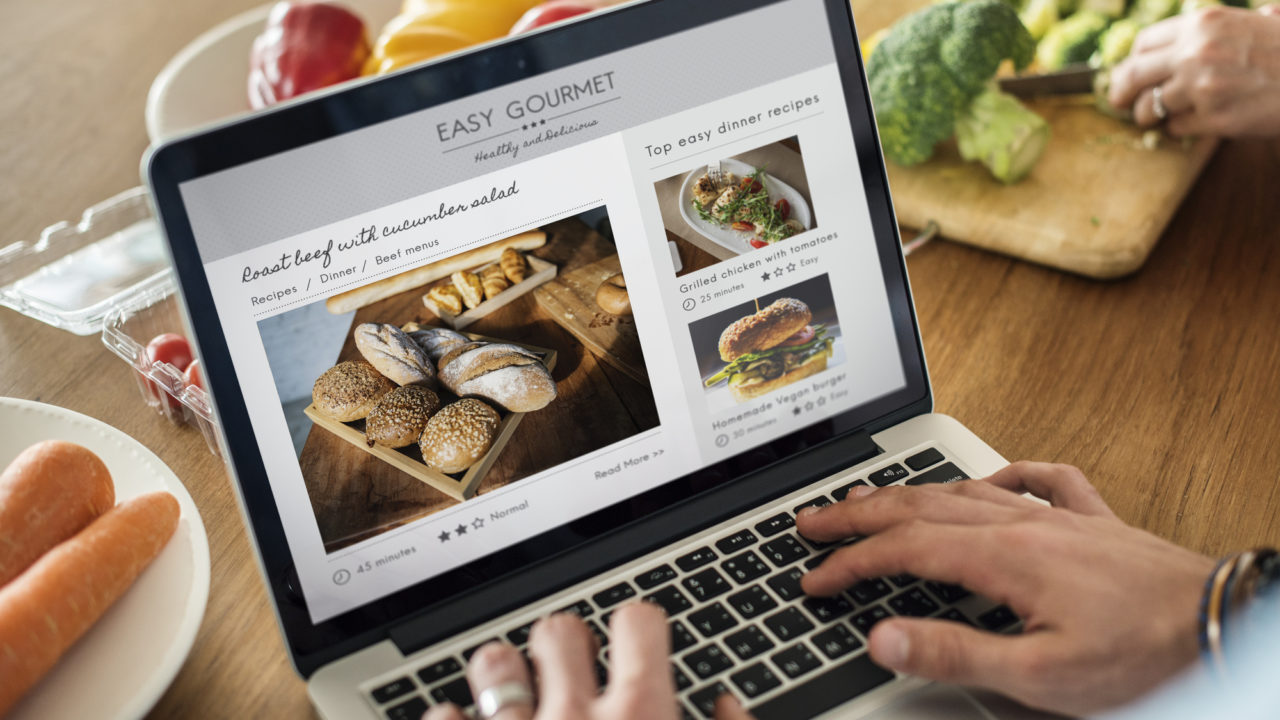Whether you’re trying to make your first cake or impress a dinner guest, you need to learn how to cook well. But cooking is a complicated process, and it can be easy for beginners to get things wrong.
Practicing basic kitchen skills, like roasting meat and sauteing vegetables, will help you avoid disaster in the kitchen. Here are 7 basics cooking tips to help you become a better cook:
1. Know Your Ingredients
Learning to cook can be a fun and rewarding experience. However, there are some things that every beginner must know before they get started.
This includes understanding the importance of following recipes closely. A recipe is a guide that provides you with step-by-step instructions to create delicious meals.
Therefore, it is important to understand the ingredients and measurements listed in a recipe before you begin cooking. This is called mise en place and it helps streamline the cooking process by making sure you have all of the necessary ingredients before you start cooking.

2. Read the Recipe
Food network are often lengthy, especially those found in cookbooks. They may include words you’ve never heard before and terms that can be confusing. It’s important to read the recipe completely before you start cooking. This will help you make sure you have all of the ingredients and tools needed to prepare the dish, as well as clarify any steps that may be unclear.
It’s also helpful to read any head notes that are included with the recipe. These can tell you about special preparation instructions, indicate how many servings the recipe will make, or give tips for making substitutions.
3. Prep Your Ingredients
There’s nothing worse than getting into the middle of a recipe and realising you don’t have one of the key ingredients. So to avoid this problem, read the recipe thoroughly and make an inventory of what ingredients are required.
Then begin by preparing those that require longer cooking times. This will also help you avoid unnecessary cleaning up as well. Pine suggests keeping a variety of herbs and spices locked and loaded in your pantry to keep your dishes flavorful. This will also ensure you have a backup in case you run out of the main ingredient.
4. Measure Your Ingredients
When cooking, using the right amount of an ingredient can make or break a dish. This is especially true for baking, which requires precision measurements.
Whether you are looking to impress your partner or learn how to cook healthy meals for yourself, knowing some easy cooking tips can help you get started. From mastering the basics to creating show stopping recipes, these tips will take your kitchen skills to the next level.
To measure dry ingredients like flour, sugar or cornmeal, lightly sprinkle the ingredient into a measuring cup and then use the back of a knife to level it off. When measuring liquid ingredients, place the jug on a flat surface and check it at eye level.
5. Heat Your Pan
The first thing that every cook should do is heat their pan. It’s important to preheat a pan before adding any food because it will help your food cook more evenly and reduce the risk of burning.
It’s also important to use a pan that’s suitable for the recipe you are making. For example, if the recipe calls for searing a steak, you’ll need a pan that is capable of handling high temperatures. Also, make sure to use a non-metal cooking utensil to prevent unwanted scratches on the pan’s surface.
6. Cook Your Food
Cooking your food is one of the most important steps in cooking. This is how you ensure that the meal you are making is actually cooked through and seasoned correctly.
If you are making something and it tastes a bit bland, try adding a little acid like citrus or vinegar to the dish. This will instantly brighten up the flavor and add some pizzazz to your recipe.
To avoid any mistakes while cooking your food, it is always best to read the recipe thoroughly and prepare all of your ingredients in advance (like they do in professional kitchens). This way, you can focus on cooking and not worrying about getting the timing of everything right.
7. Check Your Food
The last thing anyone wants is to eat undercooked or overcooked food. To prevent this, always check your food to make sure it’s done. This can be difficult, especially when a recipe is new to you. But by using your senses (sight, smell, taste) and cooking over low heat, you can avoid mistakes.
These tips may seem basic to many experienced cooks, but to beginners, they can help build kitchen confidence and avoid the most common mistakes. As you learn more recipes and techniques, keep practicing these basic tips to see your skills improve.






